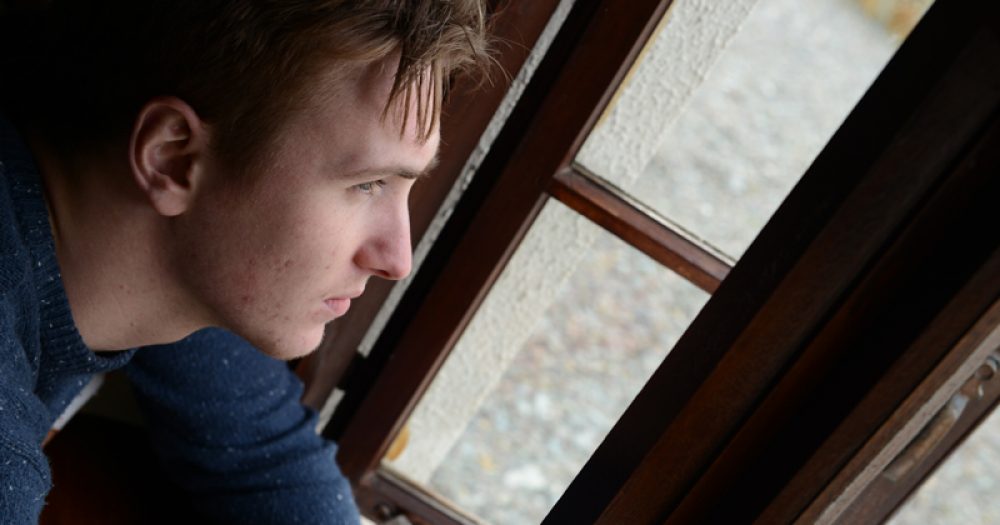Increases in exclusions are being driven by “shaming” school behaviour policies backed by the Department for Education, experts have warned MPs.
Jane Pickthall, chair of the National Association of Virtual School Heads, which oversees children in care policy at local authorities, told the parliamentary education committee that humiliating classroom control techniques made schools “less inclusive” for children in care and those with mental health needs, while another witness claimed zero-tolerance policies may be unlawful because they discriminate against SEND pupils.
The committee is in the middle of an inquiry into the quality of alternative provision and rising exclusion levels, prompted by concerns about the lack of oversight in the sector and malpractice in mainstream schools.
During this morning’s session, Pickthall said some of the most popular behaviour policies were damaging for pupils most at risk of exclusion.
“These behaviour policies are often quite shaming,” she said. In one example, endorsed in the DfE’s behaviour review last March, pupils’ names were placed at the start of an image of a rainbow at the beginning of the school day, and those who behaved badly had their name moved across the rainbow, eventually ending up on a grey cloud.
“That was actually an example in the behaviour review which came out as an example of good practice,” claimed Pickthall. “That is not good practice for vulnerable pupils at all.”
Emma Hardy, a Labour MP and former teacher, questioned whether “extremely strict, rigid, no-excuses behaviour policies” was driving a rise in exclusions and transferal of certain pupils into alternative provision.
Hardy said she’d witnessed such behaviour policies in some “large academy trusts” near her northern constituency of Hull West and Hessle.
Pickthall said that naming and shaming like this caused worse behaviour in pupils “already carrying around a large amount of shame.”
“To have your name on the board, and have to stand up for public humiliation, that in itself triggers responses that lead to more challenging behaviour,” she said.
There has been a steady increase in permanent exclusions over the past two years, and the Institute for Public Policy Research warned that at least half of all permanently excluded pupils had a mental illness, with the actual figure “more likely to be 100 per cent” of those excluded.
Meanwhile zero-tolerance behaviour policies are also likely to be “unlawful”, according to another witness at the session.
Matthew Dodd, a policy advisor at the Special Educational Consortium, said that making reasonable adjustments for pupils with special educational needs and disabilities was required by the Equality Act 2010 and Disability Discrimination Act 1995 (amended in 2005).
If schools use a “zero-tolerance” behaviour policy which means they don’t act to ensure SEND pupils have proper support to learn, such policies “might be unlawful”, he said.
“We would like to see an end to that zero-tolerance behaviour approach.”








Your thoughts